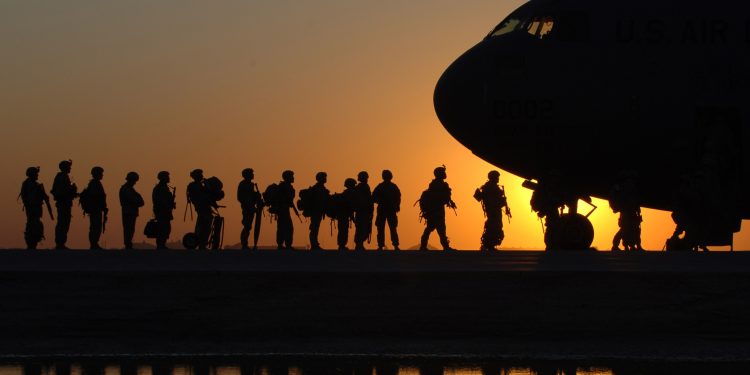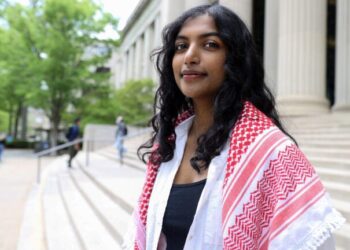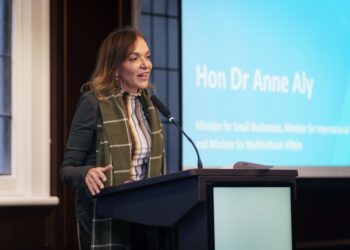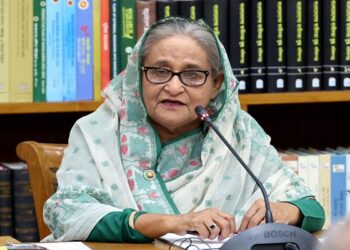The protesters are calling for an end to the Indian military’s presence in Maldives
A slow but steady protest has been building up in Maldives against India for the past few months. It has been named the ‘India Out’ campaign and it is primarily against Indian military presence on the island nation.
Not surprisingly, the person leading the protest is ex-President of Maldives, Abdulla Yameen, who had been labelled a close ally of China before he lost the elections in 2018. He was sentenced to five years in jail in 2019 for misappropriating $1 million in state funds and money laundering. His jail term was changed to house arrest Because of COVID-19.
Abdulla Yameen was released on November 30 as all charges against him were overturned giving him the chance to re-enter politics once again. Soon after his release, the protests began to pick up speed. Yameen’s Progressive Party of Maldives (PPM) is leading the campaign, which has gathered a lot of momentum on social media as well.
Islam is the state religion of Maldives, and it remains to be seen how India handles yet another case of deteriorating bilateral relations with a historically close neighbour. Also, there are concerns about China’s growing influence in this strategically important archipelago.
Earlier this month, PPM had said that Yameen would travel to the atolls to step up the ongoing campaign resisting “Indian boots on the ground” in the Indian Ocean Archipelago. The ruling administration, under President Ibrahim Mohamed Solih, denies any Indian military presence and described India as the country’s “closest ally and trusted neighbour”. The Maldives government’s statement coincided with the new Indian high commissioner, Munu Mahawar, presenting his credentials to President Ibrahim Solih at an official ceremony.
Social media was abuzz with images of Abdulla Yameen and his supporters in red t-shirts with ‘India Out’ printed in bold letters on them.
A statement released by the Maldives government on December 19, said that they are “profoundly concerned by the attempts to spread misguided and unsubstantiated information to propagate hatred towards India, one of the closest bilateral partners of the Maldives by a small group of individuals and a few political personalities.’’
The government called on its citizens to exercise their fundamental rights and freedom of expression in a responsible manner. “Spreading hatred and making false allegations regarding bilateral ties with neighbouring countries not only tarnishes the relations with trusted allies who extends consistent support to the Maldivian people, but also affect the safety and security of their citizens in Maldives, and Maldivians living abroad,’’ the statement read.
The statement further called on “all parties, especially the political leadership, to act responsibly, and refrain from spreading false information that undermines the country’s cordial relations with its neighbours, and the international community.’’
This is the second such statement issued by Male in recent weeks. Two days ago, the Government had “strongly rejected” attempts to spread “false information” criticising its ties with India, its “closest ally and trusted neighbour”.
The main controversy regarding India’s role involves presence of contingents from the Indian Navy and Coast Guard in the country. They are there to maintain and operate a Dornier twin-engine aircraft and two helicopters which are there to assist in medical evacuations from about 200 scattered islands. The aircrafts are also used to guard Maldives’ huge exclusive economic zone against foreign illegal fishing boats. Opposition leaders, however, say that the presence of a foreign military undermines Maldives’ sovereignty.
India-Maldives relations deteriorated considerably when the Yameen administration was in power from 2013 to 2018. Tensions rose significantly over Mr. Yameen’s ultimatum to New Delhi to withdraw two Indian helicopters from the strategically important Laamu and Addu atolls. Maldives is a very special country in the Indian Ocean. The people are aware of its size and capability, but they are also fiercely proud of its independent stature. Maldives was never colonised by Britain; instead, they signed a protectorate agreement that turned the country into a British protected state, making concessions of the island’s sovereignty in matters of foreign policy in return of autonomous self-governance. This pragmatic approach towards bigger nations is what makes this protest all the more relevant.











